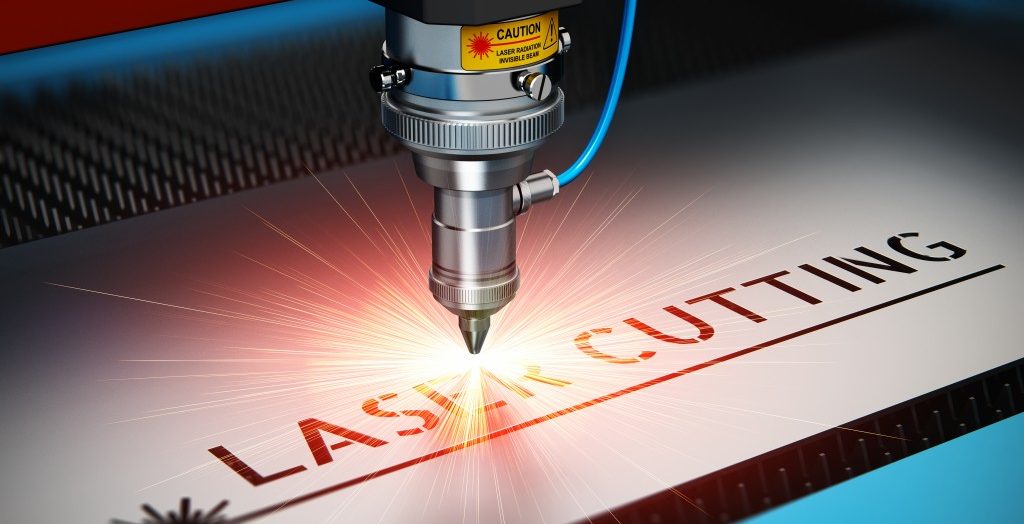Lasers are widely used for marking, etching, and engraving products like smartphones, laptops, jewelry, book covers, and sporting goods. They can be used to create and design logos, decorative patterns, safety instructions, and barcodes on a product or piece of packaging. Another common application is the use of laser engravers for woodworking. Laser technology continues to improve and find increasing popularity. As such, lasers are being used in the manufacturing industry more and more. Here are the benefits of lasers in manufacturing:
Eco-Friendly
Standard ink printers produce massive amounts of waste. Ink cartridges used in production facilities often end up in landfills. Even recyclable ink cartridges contribute to waste. They involve a recycling process that releases harmful fumes and emissions into the environment. The ink itself contains hazardous chemicals and is damaging to the environment, as they seep into the ground and degrade there.
On the other hand, laser technology is an eco-friendly process as it does not involve the use of cartridges or any type of ink. Neither does it require the use of chemicals that end up in the ground.
Non-Contact Process

Traditionally, the labeling process requires a product to be stamped. This involves contact between a product and a press. Unfortunately, however, products can become damaged with minimal outward pressure and contact. Printing ink can also bleed into the product or be smeared across the product’s surface.
Laser engraving does not require contact. It is safe for labeling delicate products, porous materials, and anything that may be compromised or affected by pressing, printing, or stamping processes. Laser technology also does not strip away coating or paint and does not pose any risk of dislodging whatever may be embedded on a product’s surface.
Precise Technology
Standard ink printing methods can result in smearing or imprecise lettering etched onto a product or package.
Laser engraving technology provides a greater level of exactness and accuracy. It has the ability to etch even the smallest lettering and symbols onto a product with a high degree of precision. It is able to do so even when the product is moving or vibrating.
Precision engraving is especially suitable for the level of quality and detail normally required for government compliance. This includes products that require engraved special warnings, symbols, or foreign languages. Laser technology eliminates the risk of illegible or hard-to-read lettering from poor printing quality.
Adaptability
Manufacturers using traditional process have to stop a production line in order to change ink cartridges or reset the distance between a printer and a product. These stoppages can slow down the overall rate of production.
In contrast, laser engraving is more adaptable. The technology does not involve manual adjustments of distance, spray depth, or pressing depth. There are no cartridges that need to be swapped out or changed. This means a production line will not be slowed down or stopped for ink cartridge changes or swaps of products and packaging.
Laser technology overtakes traditional printing methods. It offers improvements in terms of rate of production and compliance to requirements. Manufacturing businesses are switching over to the use of lasers for etching and engraving, as it is the most efficient and precise means of labeling and marking products.






